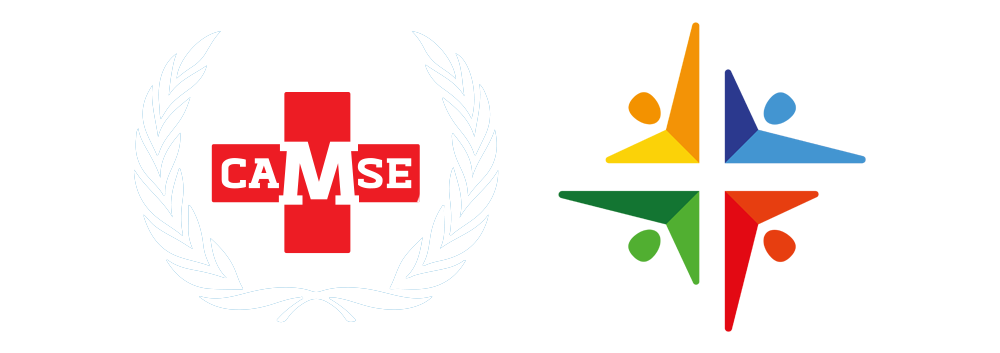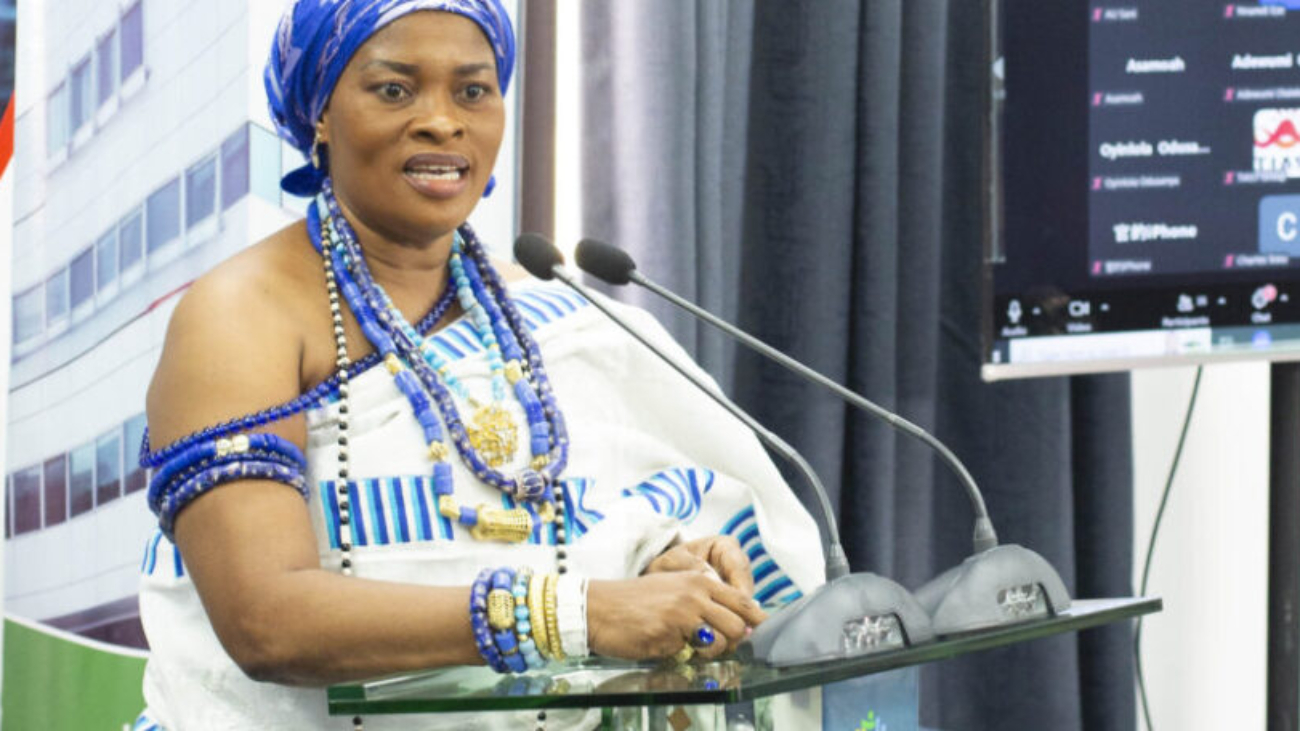In a keynote address delivered by Her Diviness Naa Juyoo Oshedu Wobolor Jueteer Tsofayelor, at the recently concluded 3rd AI Conference in Healthcare organized by the Health Community of West Africa Association, the traditional health advocate has emphasized the vital role of cultural awareness in improving healthcare accessibility.
Speaking passionately under the theme “The Social Impact of AI-Driven Diagnostics and How Culture Influences Healthcare Accessibility,” she outlined how integrating traditional and modern healthcare systems can transform patient outcomes, especially in sensitive areas like mental health, sexual health, and other culturally specific conditions.

Opening with a warm greeting, she set the stage for a discussion on the intersection of AI-driven diagnostics and the cultural frameworks that shape healthcare acceptance. According to her, teamwork, collaboration, adaptation, and implementation are crucial for the success of healthcare initiatives. However, she cautioned that a lack of cultural understanding by healthcare providers often leads to the rejection of their services.
She stressed the importance of involving community and traditional leaders in the introduction and implementation of healthcare programs. “Every land has an owner, and every group has a leader,” she asserted, urging healthcare professionals to respect traditional protocols and seek permission before entering communities. She believes this approach is essential for earning trust and ensuring successful healthcare delivery.
By consulting traditional structures, healthcare providers can better identify and support marginalized groups, including individuals with mental illnesses, intersex persons, and those living with HIV. She highlighted the need for gender-sensitive healthcare services, noting cultural beliefs that may prevent opposite-sex healthcare providers from conducting intimate medical examinations. In these situations, patients often withhold critical health information, leading to misdiagnoses and ineffective treatments.

The keynote address emphasized how AI can enhance healthcare accessibility through research, cultural competency, and health education. AI-driven tools can provide culturally sensitive recommendations and modernize indigenous healing practices rather than dismiss them outright. She compared Ghana’s hesitancy to standardize local herbal remedies like Odidoo with China’s global acceptance of traditional tea-based medicine, advocating for a balance between tradition and innovation.
Concluding with a proud declaration of her cultural heritage, she reaffirmed her commitment to preserving and integrating traditional knowledge into modern healthcare. “When tradition meets modernity, it is always progressive,” she proclaimed, urging stakeholders to embrace collaboration for a more inclusive and effective healthcare system.
This address laid the groundwork for the panel discussions held under the theme “Harnessing AI and IVD: Leading a New Era of Precision Diagnosis and Advanced Treatment,” as part of the 3rd edition of HCOWA’s conferences exploring Artificial Intelligence in healthcare.


